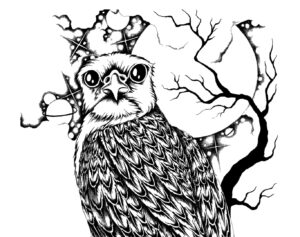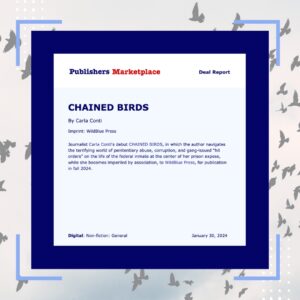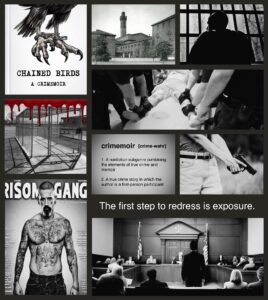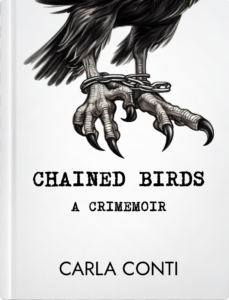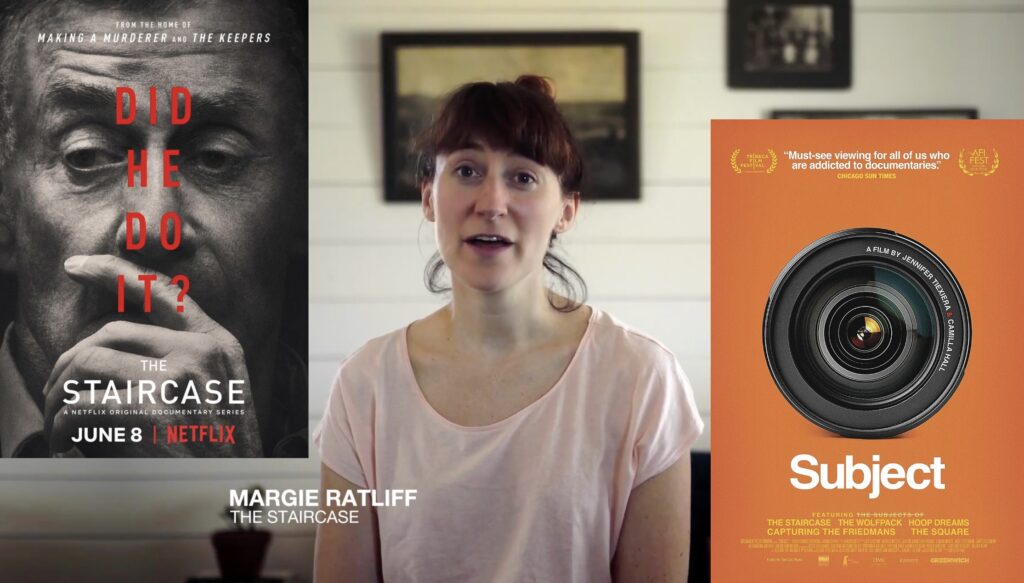
For purveyors and consumers of true crime and other documentaries, the film Subject is a gripping, must-see examination of everyone’s role in this burgeoning infotainment landscape.
An award-winning 2022 film just released on Amazon this month, Subject features participants from a handful of nonfiction films and their wide variety of personal fallout. The outcomes range from devastating to exonerating and points in between and include subjects who did or did not share in any profits.
The film begins with one of the best-known true crime documentaries, The Staircase, and the invasion of privacy and PTSD experienced by Margie Ratliff, the daughter of Michael Peterson, who was accused of killing his wife and Ratliff’s mother, Kathleen Peterson, in 2001. Ratliff was just 20 years old when she appeared in the original 2004 French documentary version, which covered the police case, (first) murder trial, and family dynamics in great personal detail. She tells Subject filmakers that she and her siblings agreed to participate in the documentary because they believed in their father’s innocence, but the exposure forced them to re-live their mother’s death over and over. They also became targets of hate from vocal believers that Michael either beat Kathleen to death at the foot of their back stairs or killed her by throwing her down the staircase.
Ratliff signed on to Subject as one of its producers to highlight the true cost of many documentary participants who are either unwilling contributors or too young to understand what their inclusion means. This, in turn, begs the question: What is the relationship between storyteller and subject? “A documentary is not capturing someone’s story. It’s becoming part of the story,” explains Tom Powers, Toronto Film Festival programmer, to the audience.
This lesson resonates with me deeply as I contemplate my own true crime memoir in progress, Chained Birds. I extrapolate Ratliff’s experience to the true crime genre as a whole and am mindful of how we storytellers treat our subjects and real-life peripheral characters. I believe we owe them — especially crime victims — a sensitive, dignified portrayal versus a voyeuristic sketch designed to sell. True crime authors, in particular, can and should dive deep in their truthful storytelling but write with compassion for all. As Subject points out, “The hunger for great nonfiction has grown and grown and grown and grown,” and its long past time for its creators to elevate their approach.
Carla Conti is a true crime journalist, storyteller, and prison reform advocate. Her debut book, Chained Birds: A True Crime Memoir of Justice, Survival and Redemption Behind Bars, is out now with WildBlue Press.


